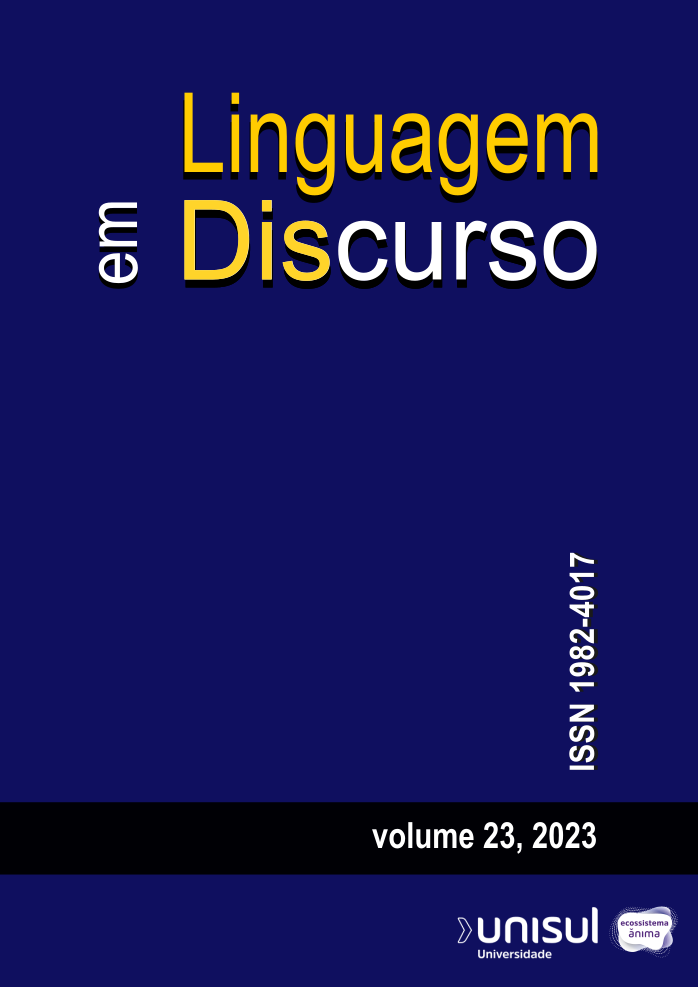SENTIDOS DE BRASIL E BRASILEIRO EM UM MATERIAL DIDÁTICO DE PORTUGUÊS COMO LÍNGUA ESTRANGEIRA
Palavras-chave:
Ensino de línguas, Material didático, PLE.Resumo
Este artigo visa discutir e identificar representações discursivas sobre o Brasil e os brasileiros construídas em um livro de Português como Língua Estrangeira (PLE). Com base nos estudos trans/indisciplinares em Linguística Aplicada e em teorias discursivas de linguagem, parte-se da hipótese de que o livro didático analisado silencia as múltiplas e possíveis identidades do brasileiro; e que, quando retratadas, são tidas como estagnadas. Na análise, foram identificadas cinco representações, sintetizadas nos seguintes enunciados: (a) o brasileiro é “gente boa”; (b) Brasil: o país das praias, futebol e fio dental; (c) o brasileiro é engraçado; (d) Brasil, um país exótico; e (e) o brasileiro é romântico. Essas representações se inscrevem em discursos de colonialidade que corroboram imagens totalizantes sobre língua-cultura e identidade brasileiras. A análise aponta a necessidade de problematizar, nos processos de ensino-aprendizagem de línguas, sentidos homogêneos e universalizantes que (re)produzem preconceitos, estereótipos e reforçam relações desiguais de poder.


